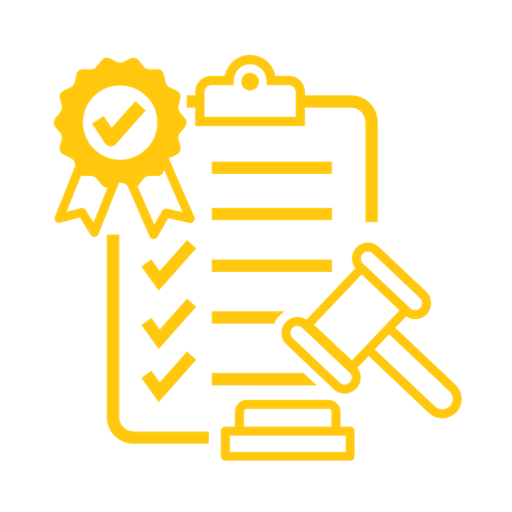Professional tax is a direct tax levied on individuals earning income through various professional practices, employment, trade, or business activities. Unlike income tax, which is imposed by the Central Government, professional tax falls under the jurisdiction of state governments in India. For salaried employees, this tax is deducted by their employers from their monthly salaries and then deposited with the respective state government. In the case of self-employed individuals and professionals, they are responsible for paying this tax themselves. The specific calculation and amount collected can vary from one Indian state to another, but it generally has a maximum cap of Rs. 2500 per year.
Applicability of Professional Tax
Professional tax applies to a wide range of professions, trades, and employments. It is applicable to the following categories of individuals and entities:
- Individuals
- Hindu Undivided Families (HUFs)
- Companies, firms, co-operative societies, associations of persons, or any unincorporated bodies
- Professionals who earn income from practices such as law, teaching, medicine, chartered accountancy, and more are also liable to pay professional tax
Save time and hassle with MyCAbuddy
Get your tax registration done
Professional Tax Applicable States in India
The applicability of professional tax varies from state to state in India. Some states impose it, while others do not. Here’s a breakdown of the states where professional tax is applicable and the ones where it is not:
Applicable States:
- Andhra Pradesh
- Assam
- Bihar
- Gujarat
- Jharkhand
- Karnataka
- Kerala
- Madhya Pradesh
- Maharashtra
- Manipur
- Meghalaya
- Mizoram
- Nagaland
- Odisha
- Pondicherry
- Punjab
- Sikkim
- Tamil Nadu
- Telangana
- Tripura
- West Bengal
Non-Applicable States
- Central
- Andaman and Nicobar Islands
- Arunachal Pradesh
- Chandigarh
- Chhattisgarh
- Dadra and Nagar Haveli
- Daman and Diu
- Delhi
- Goa
- Haryana
- Himachal Pradesh
- Jammu and Kashmir
- Ladakh
- Lakshadweep
- Rajasthan
- Uttar Pradesh
- Uttarakhand
Professional Tax Rates
The maximum amount an individual has to pay annually as professional tax is INR 2,500. The tax amount is typically determined based on a slabs system related to the gross income of the professional and is deducted from their income every month. Each state and union territory may have its own predetermined tax slabs.
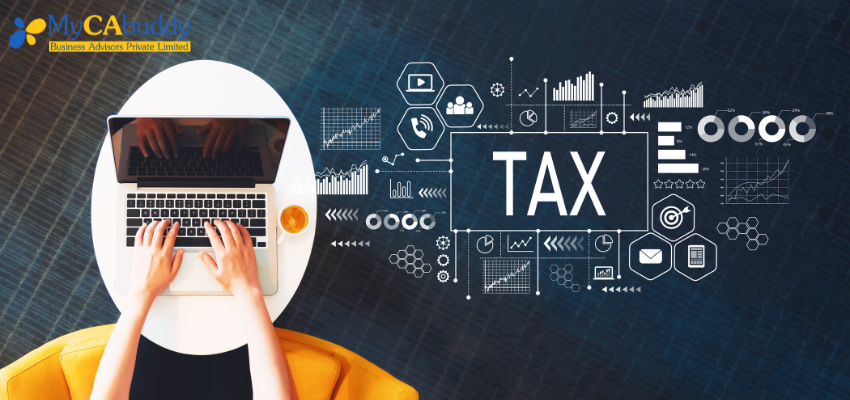
Who Pays Professional Tax?
For salaried and wage-earning individuals, it is the responsibility of the employer to deduct professional tax from the employee’s salary or wages and deposit the collected amount with the state government. Self-employed individuals engaged in various professions or trades are required to pay the tax directly to the state government.
Employer's Role in Professional Tax
Employers are accountable for deducting professional tax from their employees’ salaries and submitting the collected amount to the appropriate government department. They must also file a return with the tax department within the specified time, providing proof of tax payment. Failure to enclose the payment proof may result in an incomplete and invalid return.
Benefits with us
Work smarter, save money, and get expert guidance. We’re here to help you succeed.
- Streamlined Registration Process
- Compliance Assurance
- Cost Efficiency
- Employee Welfare
- Expert Guidance
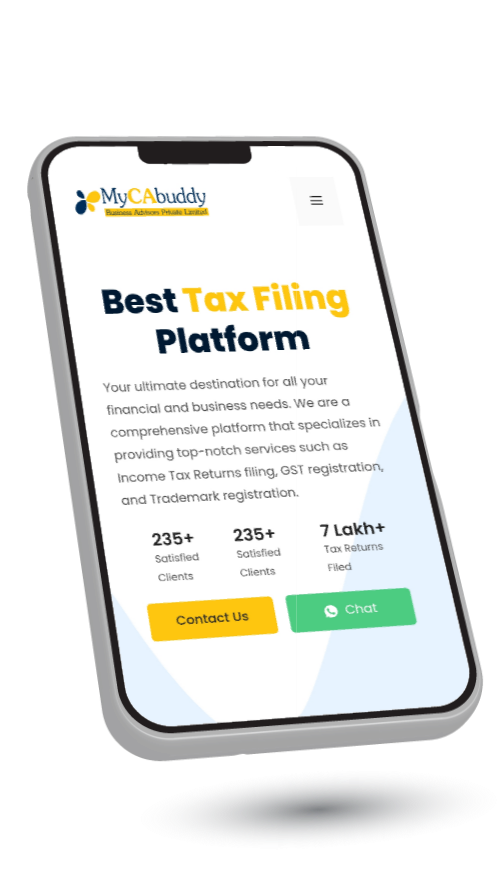
Exemptions from Professional Tax
Certain individuals are exempt from paying professional tax under the Professional Tax Rules. These exemptions include:
- Parents of children with permanent or mental disabilities
- Members of the armed forces as defined in the Army Act, 1950, the Air Force Act, 1950, and the Navy Act, 1957, including members of auxiliary forces or reservists serving in the state
- Badli workers in the textile industry
- Individuals with permanent physical disabilities (including blindness)
- Women exclusively engaged as agents under the Mahila Pradhan Kshetriya Bachat Yojana or Director of Small Savings
- Parents or guardians of individuals with mental disabilities
- Individuals above 65 years of age
Professional Tax Registration and Compliance
Professional Tax Registration is mandatory within 30 days of employing staff in a business or, in the case of professionals, within 30 days from the start of their practice. The process includes the following steps:
- Application for the Registration Certificate should be made to the relevant state tax department within 30 days of employing staff for the business.
- If the applicant has more than one place of work, separate applications should be submitted to each authority, corresponding to the place of work under their jurisdiction
Due Dates for Professional Tax Payment
If an employer has more than 20 employees, the payment must be made within 15 days from the end of the month. Employers with fewer than 20 employees are required to pay on a quarterly basis, which means by the 15th of the following month after the end of the quarter.
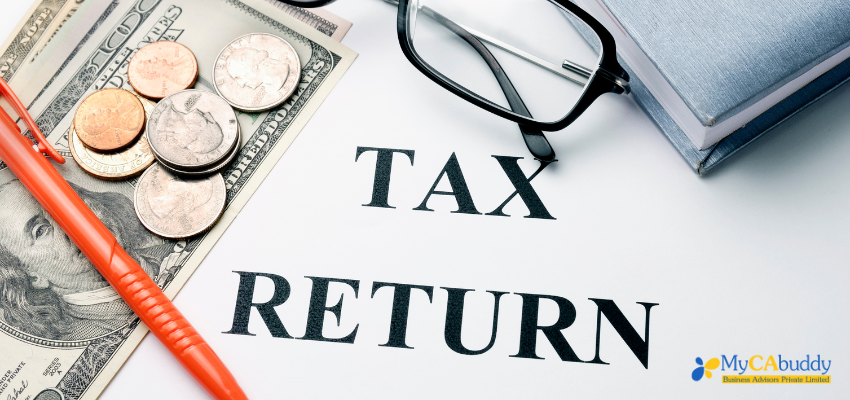
Professional Tax Return
Professional Tax Return filing is obligatory for all individuals and entities with Professional Tax Registration. The due dates for filing these returns can vary from state to state.
Benefits of Professional Tax Registration
The benefits of Professional Tax Registration include:
- Simplified compliance with Professional Tax laws, leading to a smooth registration process with minimal restrictions.
- Timely payment of Professional Tax helps avoid penalties and punitive actions against employers or self-employed individuals.
- It serves as a revenue source for state governments, enabling them to implement welfare and development schemes in their regions.
- Employers and self-employed individuals can claim a deduction on previously paid professional tax.
Documents Required for Professional Tax Registration
To initiate Professional Tax Registration, the following documents are typically required:
- Certificate of Incorporation or LLP Agreement
- MOA and AOA
- PAN Card of the Company/LLP/Proprietor/Owner/Director
- NOC from the landlord, where the business is situated
- Passport-size photos of Proprietor/Owner/Director
- Address and identity proof of Proprietor/Owner/Director
- Details of employees and their salaries
- Additional registrations and licenses
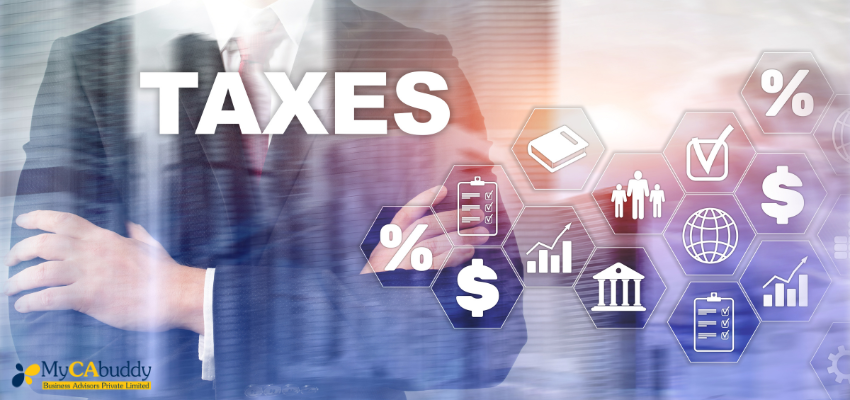
Procedure for Professional Tax Registration
The procedure for Professional Tax Registration can vary from state to state, and returns must be filed at specified intervals based on state requirements. Here’s a general outline:
- File the application form and necessary documents.
- Submit the application with the required documents to the relevant state government and tax department.
- The tax authority will scrutinize the application to ensure all information is correct.
- Upon successful verification of documents, the authority will issue the Registration Certificate.
Penalties Related to Professional Tax Registration
Penalties for non-compliance with professional tax regulations may vary from state to state. Potential penalties include fines for failure to register, late filing of returns, late payments, and more. Each state’s specific professional tax regulations determine the exact penalty amounts.
Failure to register for professional tax, delay in tax payments, or late filing of returns can result in fines, late fees, or even legal consequences. Therefore, it’s essential for businesses and individuals to comply with the professional tax regulations in their respective states

